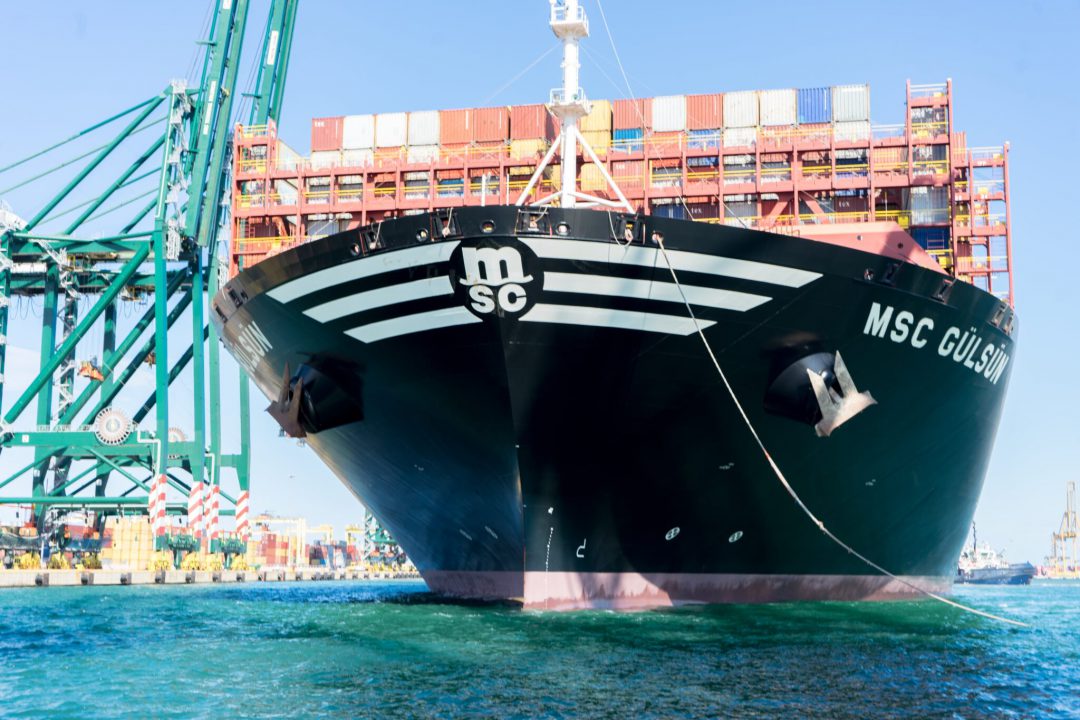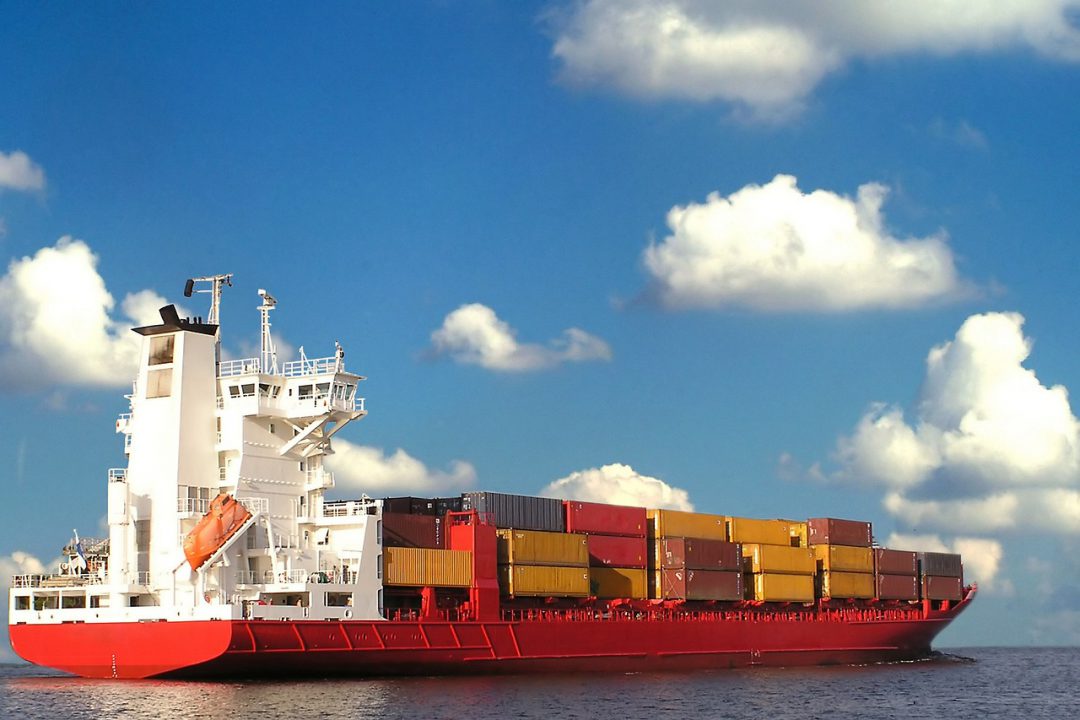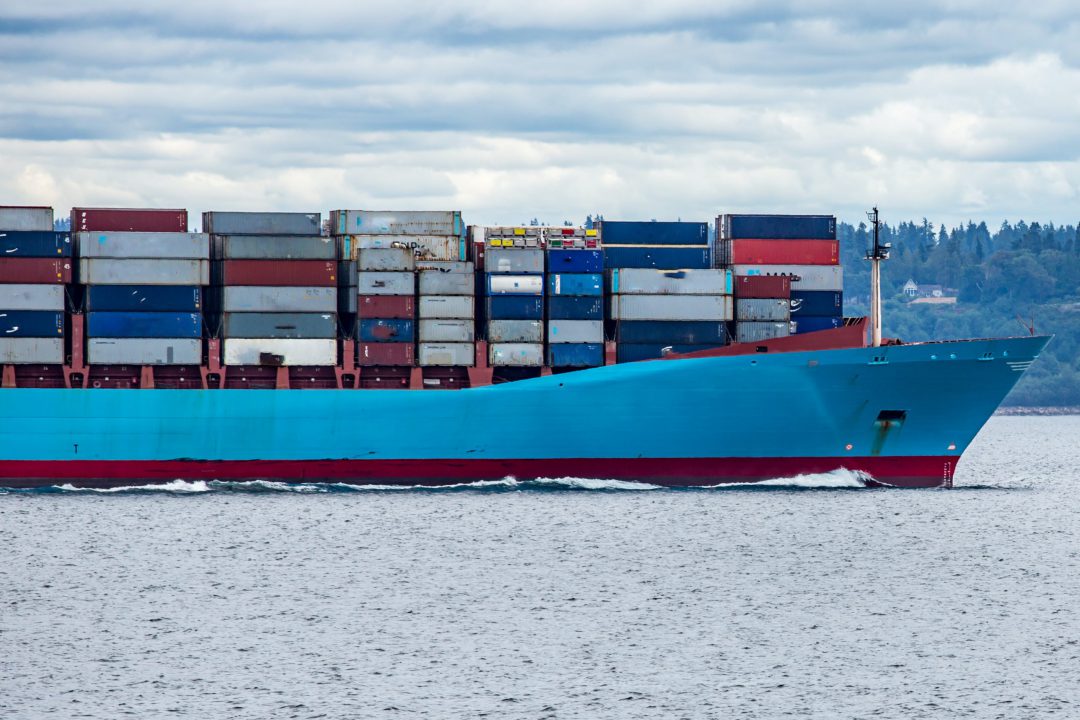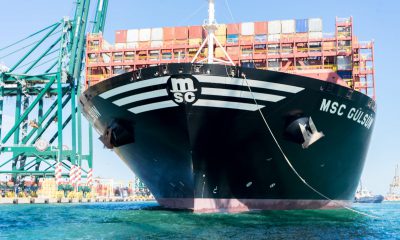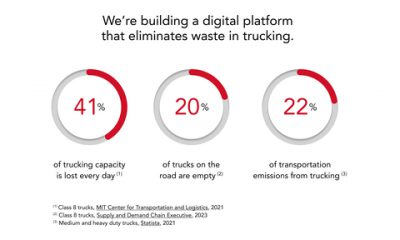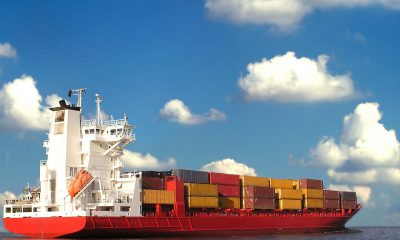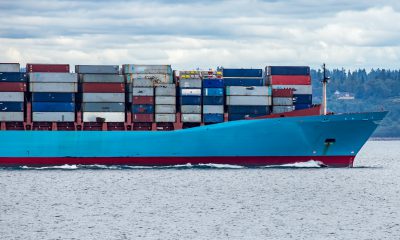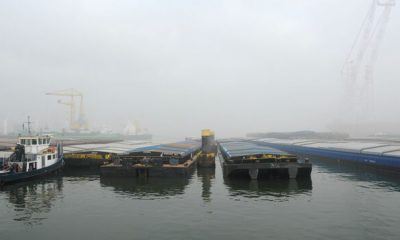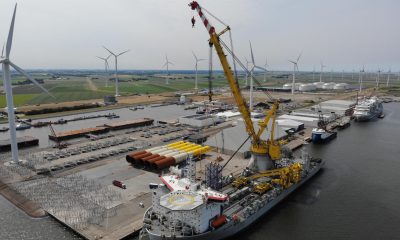Corporate innovation and venture development firm, Rainmaking has matched five maritime giants with eight startups as part of its Trade & Transport Impact Programme. Cargotec, HHLA, Inmarsat, Shell, and Wärtsilä have been paired up with startup teams from eight different countries. They will work on 13 separate projects with the aim of accelerating innovation that delivers genuine business results.
With an industry awakening to the challenges of adjusting to an increasingly digital and decarbonised world, there is growing recognition that business as usual is not an option. Designed to tackle some of the biggest challenges in maritime trade and transport, the Trade & Transport Impact Programme aims to disrupt the industry through its collaborative, outcome-oriented approach.
The specialisms of the startups in the current round of the programme range from port- and cyber security to energy-optimisation and crew welfare. Current projects relate to safety, security and crew welfare, optimisation of port and vessel operations, and autonomous operations and equipment.
Nicklas Viby Fursund, Partner, Rainmaking commented: “There is growing recognition that the maritime industry needs to innovate, and fast. As appetite for fresh thinking, insight, and technology swells, bringing together established maritime leaders with technology startups is what’s needed to deliver genuine business results quickly.”
He continued: “With our current partners; Cargotec, HHLA, Inmarsat, Shell, and Wärtsilä, we’re already seeing tangible benefits emerging from the programme. It’s exciting to see the genuine impact quality tech startups with high engagement and energy levels can make, helping to solve the problems the corporates are facing and adding value to operations.”
Facilitating positive partnerships between corporates and startups is supporting both sides in achieving progress far more quickly. By setting clear deadlines, the Trade and Transport Impact Programme encourages both partners to work towards delivering tangible results which provide solutions to particular challenges.
Clara Wahnich, Digital Innovation Partnerships Lead, Inmarsat: “The Trade and Transport Impact Programme made a big difference to us because it pushed people to act. Both Inmarsat and CyberOwl felt compelled to ensure that something happened within the initial six weeks and this allowed us to validate the opportunity. We have now built a great foundation for our engagement and joint exploration going forward.”
Michael Andronicou, Project Lead – New Marine Ventures, Shell: “We have had great success working with Scoutbase, whose technology collects data to reduce human error. Our business has been hugely engaged – everyone is really keen and loves the energy that Scoutbase has brought to the table, as well as the product itself. Going forward in 2020 we are really excited to hopefully start rolling this product out.”
Tero Hottinen, Director for Emerging Digital Business, Cargotec: “The Trade and Transport Impact Programme provides an excellent framework to explore collaborations with startups – not only for scouting and finding the good ones, but also to encourage impetus and progress within a certain timeframe. We are working with two different companies that have truly complementary offerings to ours. We probably wouldn’t have trialled both at the same time in a synergetic manner without Rainmaking, so it really has been beneficial from that perspective.”
Till Schlumberger, Strategy Consultant in Digital Transformation, HHLA: “We’re working with KoiReader to make improvements in the detection of container damage. While it’s currently a proof of concept, we hope to continue with the project and without Rainmaking’s Trade and Transport Impact Programme, we probably would never have met KoiReader.”
Steffen Knodt, Director New Ventures, Wärtsilä: “Energy efficiency is one of the most important factors in shipping today, and we are trying to find new ways of improving it. Signol has enabled us to reach the decision makers onboard and better support them with fuel consumption, energy efficiency and operations. We need to bring in startups and knowledge from outside the industry to support us in finding ways to do things better. And Rainmaking is helping us to do just that.”
The third cycle of the programme begins in Q1 2020, at which point more organisations will be able to join. Rainmaking is also launching a decarbonisation programme in Singapore at that time, which specifically focuses on startups with solutions that support the transition to a zero carbon future for shipping.

